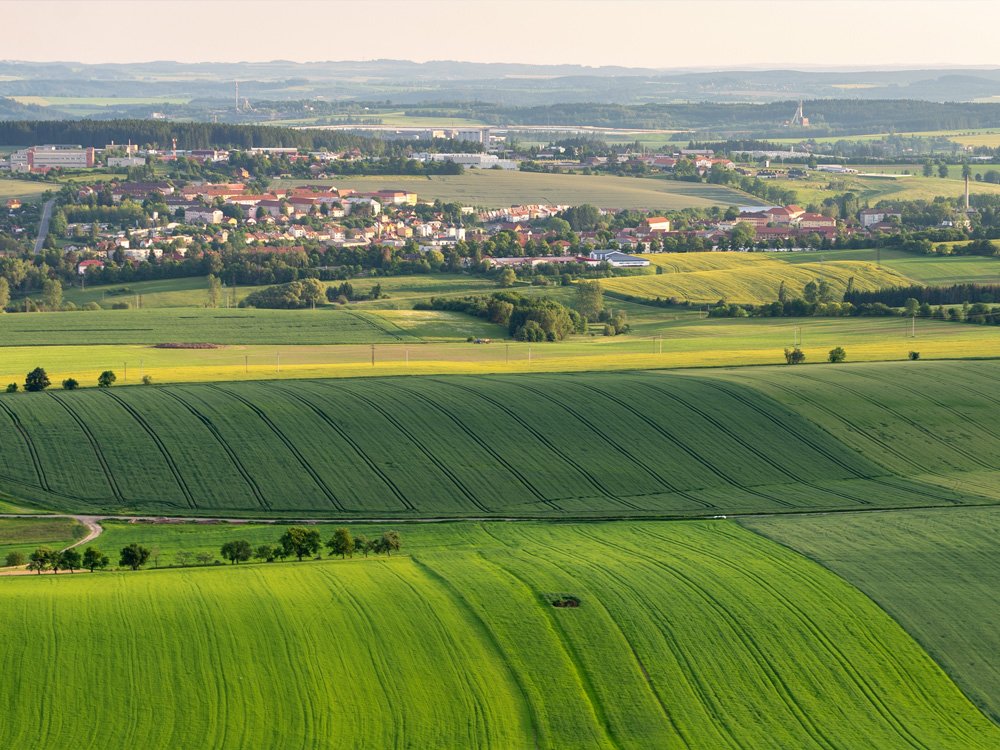27 Aug Funding Alert! Leadership Grants for Museums
Institute of Museum and Library Services Last month, we looked at an annual Institute of Museum and Library Services (IMLS) opportunity focused on capacity-building for libraries. This month, IMLS opened applications for a similar annual program for museum folks, National Leadership Grants for Museums (NLG-M). This program seeks to address critical needs and improve services among the museum profession at a broad level. IMLS is looking for projects that demonstrate a thorough understanding of the needs and priorities within the museum field, employ innovative approaches and collaborations, and have the potential to make a far-reaching impact in the discipline.27 Aug Ethics: Creating Ethical Grant Budgets and Sustainability Plans
Ethics: Creating Ethical Grant Budgets and Sustainability Plans Session 6 of the Ethics Series For many organizations, a federal grant will be a significant expansion to an existing program or the initial funding for a program that does not yet exist. This can make the creation of...
20 Aug Funding Alert! Resilience, Mental Health, and Wellness for Health Professionals
Health Resources and Services Administration Does your organization provide health care in rural and medically underserved areas? The Health Resources and Services Administration (HRSA) recently opened a funding opportunity through its Promoting Resilience and Mental Health Among Health Professional Workforce (PRMHW) program. The overall goal of the PRMHW program is to support health care organizations in the adoption, promotion, and implementation of a culture of wellness for their health professional workforce(s), including building resilience against burnout and supporting mental health. This program also places an emphasis on addressing social determinants of health, health equity and disparities, and the needs of rural and medically underserved communities. The due date for this year’s funding opportunity is coming up on August 30, 2021.16 Aug Can Data Win the Heart of a Grant Reviewer? Using Data Visualizations in Grant Proposals By Whitney Gray, MA, GPC
Recently, I conducted a pre-submission peer review on several federal grant proposals from organizations located in rural Kansas. The first question each organization had to respond to was, “Describe your geographical/service area.” Each organization named the counties served in their respective service areas and then went on to describe just how ‘rural’ their area is. While each applicant organization had some aspects of serving rural areas of Kansas in common, they each approached the description differently. Some of the descriptions included the total square mileage contained within their service boundaries; others referenced the state’s definitions that place a county on a continuum of ‘frontier’ to ‘urban’; others pointed out the distance in hours to the nearest major city. Ultimately, each applicant described their geographical service area with the purpose of convincing federal reviewers that Organization XYZ was the only provider of important services for its region.13 Aug Funding Alert! Cooperative Agreements to Address Health Disparities
Department of Health and Human Services Does your organization work to address health disparities among racial and ethnic minority populations? The Department of Health and Human Services’ Office of Minority Health is accepting applications for its cooperative agreement program, Framework to Address Health Disparities through Collaborative Policy Efforts: Demonstration Projects. In conjunction with the office’s Coordinating Center cooperative agreements for the same program, Demonstration Projects develop and demonstrate the effectiveness of methodologies for addressing health disparities. This includes assessing and identifying policies that contribute to structural racism and perpetuate health disparities, as well as modifying, developing, and implementing policies that improve health outcomes. Proposals for this program are due August 23, 2022.12 Aug Grants 101: Demonstrating Sustainability
Grants 101 - Demonstrating Sustainability Session 8 of the Grants 101 Series A common question on grant applications is “How will you sustain this program after the grant funding is over?” Many grant writers will want to answer glibly, “Write more grants, of course!” But, what should...
12 Aug Higher Education Grant Series: Starting Small and Dreaming Big: Developing Collaborative Grantsmanship at Small Universities
Starting Small and Dreaming Big: Developing Collaborative Grantsmanship at Small Universities Session 2 of the IHE Starting an Office of Sponsored Research Series Starting Small and Dreaming Big will offer key considerations and practical advice for developing a collaborative culture of grantsmanship at small to medium-sized organizations....










